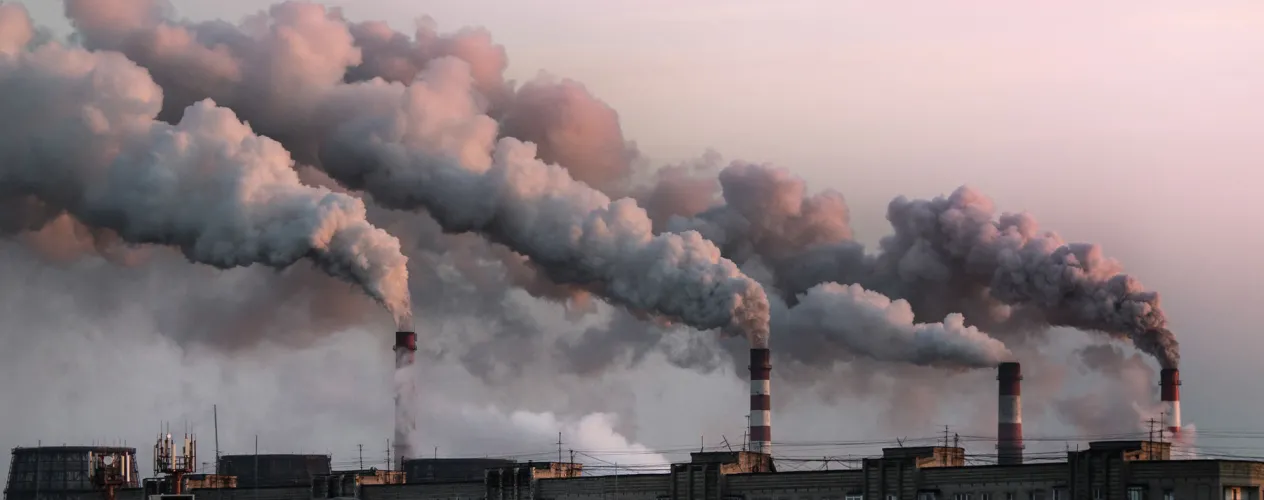Overcoming Our Greatest Public Health Challenge: Climate Change

WHAT SCIENTISTS HAVE WARNED ABOUT FOR DECADES is now unfolding for all to see, on a global scale — extreme heat, severe droughts, intense storms, rising sea levels, and an expanding geographic range for vectors that spread deadly infectious diseases such as malaria, yellow fever and Ebola, to name a few. These alarming developments, which are likely to become increasingly problematic for the foreseeable future, have made climate change the defining issue of the 21st century. The stakes couldn’t be higher: Our success or failure in addressing this issue will determine whether we leave a habitable planet for future generations.
Climate change threatens the health of all forms of life on Earth and demands a far-reaching and comprehensive response. Ultimately, our top priority should be supporting and preserving human health, and that means taking steps to pull the reins on climate change by reducing our carbon footprint — the emissions of greenhouse gases that have contributed to the post-industrial warming of the planet. But this critical action, referred to as mitigation, will not be enough to offset the increased energy use by China, India and other industrializing countries amid a projected global population increase from 7 billion to nearly 10 billion by 2050.
Thus, in the short term we must also devote ample attention and resources to adapting to the new conditions. More vigorous mitigation efforts could go a long way toward determining the severity of the effects from climate change, but even if we meet the most ambitious emission-reduction goals, our near future is certain to include substantial climate-related health threats. We will see both droughts and severe storms. More heat waves and increasingly intense wildfires in California and similar environments. Sea level rises and related flooding in low-lying areas. Changes in where crops can be grown and where infectious disease vectors can thrive. Forced migration and armed conflicts over scarce resources. Fulfilling our top priority — supporting and preserving human health — will require an unprecedented magnitude of resources and changes in behaviors to build resilience in the face of these threats.
The worldwide crisis presented by climate change calls for a broad paradigm that emphasizes preparedness at all levels. Every sector of society has a role — individuals, families, communities, governments, businesses, civic organizations, and education, both formal and informal. As public health professionals, we come from a long tradition of bringing together stakeholders to develop and implement solutions to some of the most profound challenges faced by our society. Meeting the challenge of climate change will put our leadership to the ultimate test.
